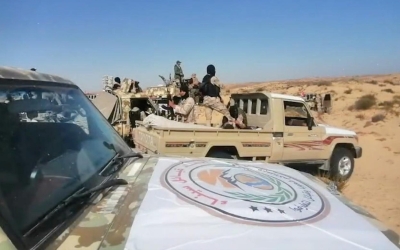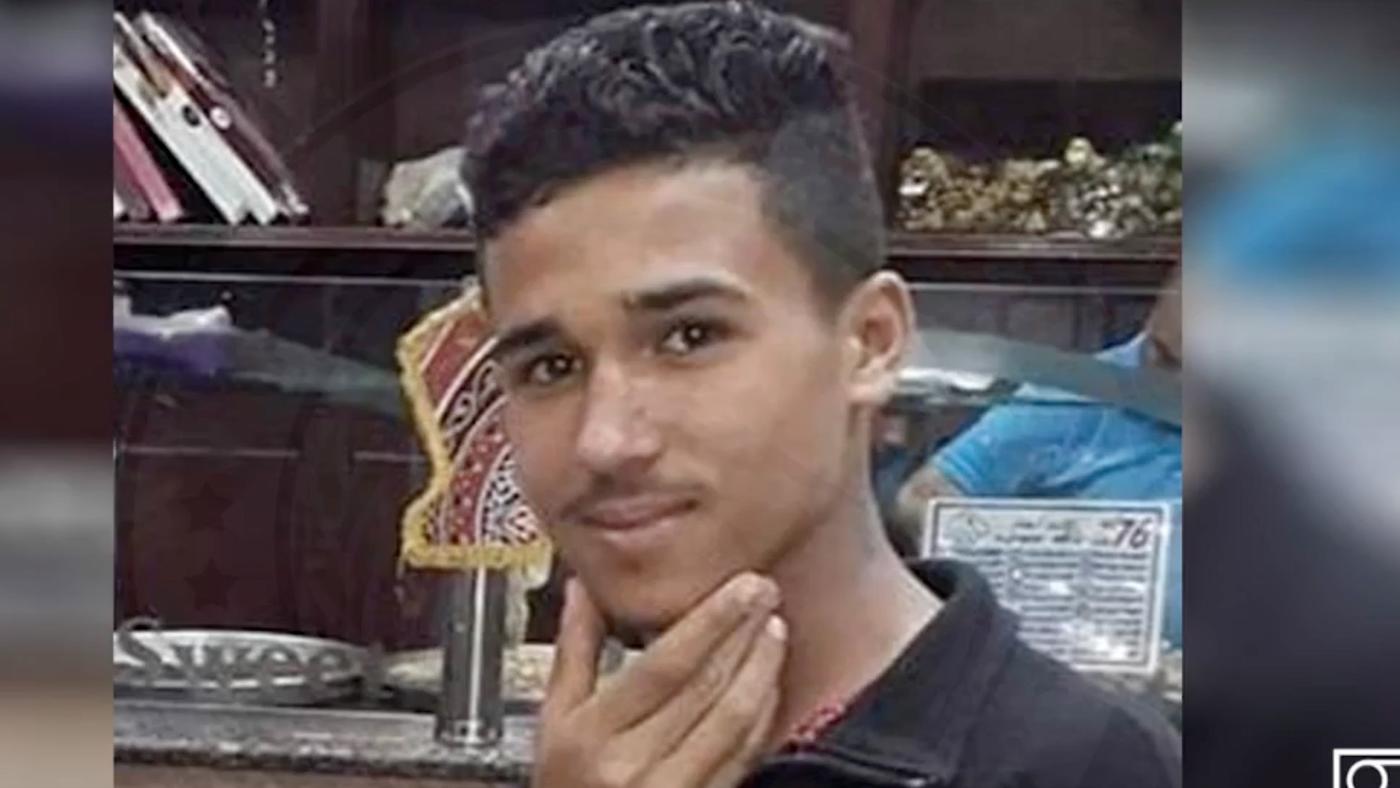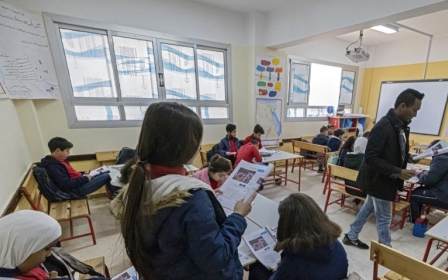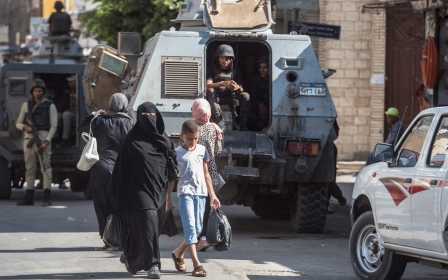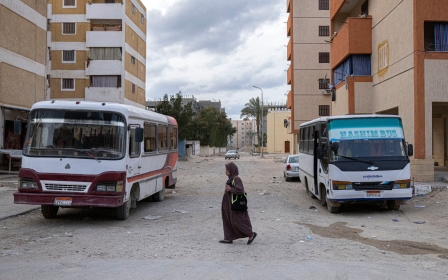Egypt: Children recruited to fight Islamic State in North Sinai, report finds
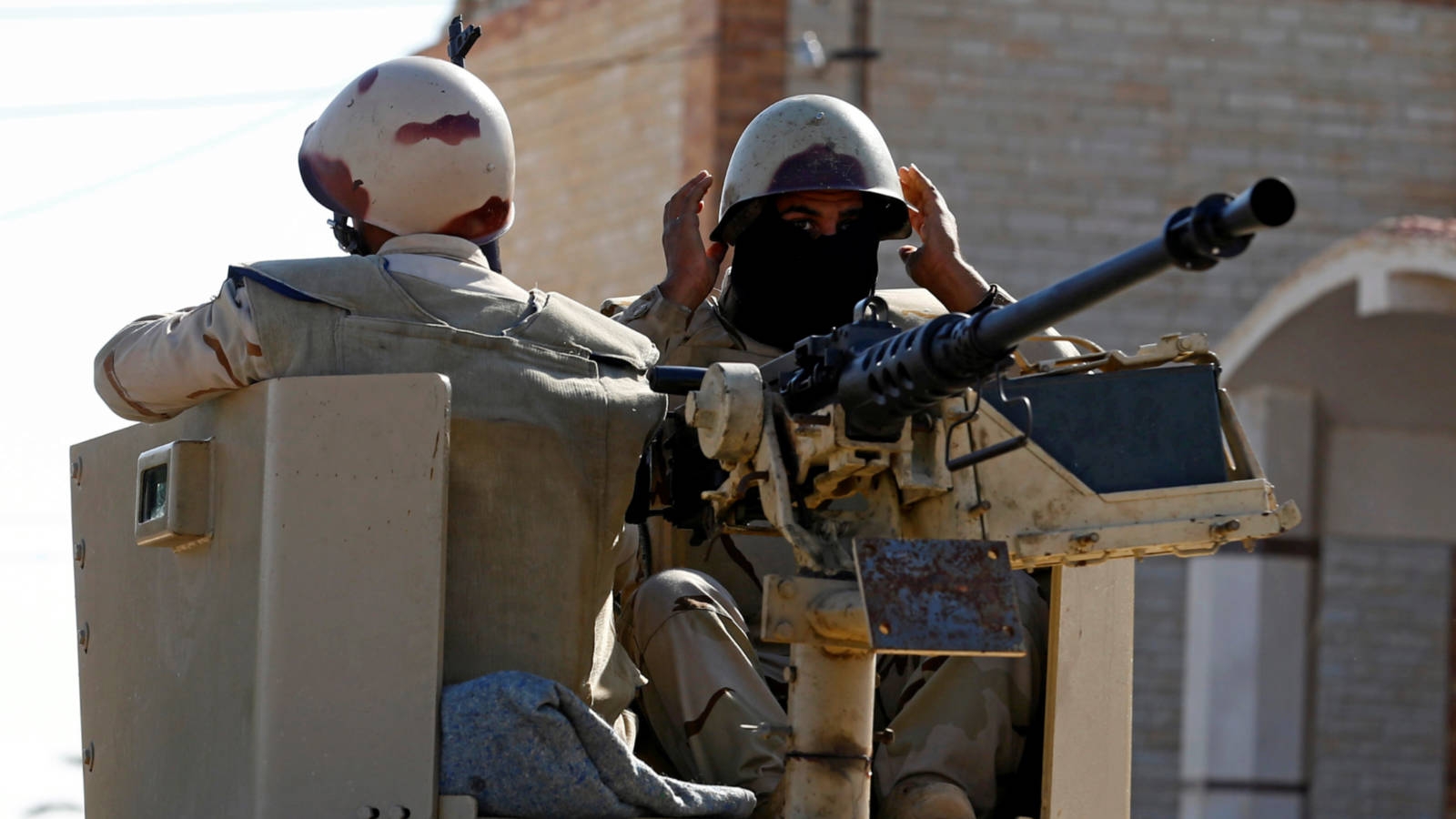
Egyptian armed forces and pro-government militias fighting Islamic State (IS) in North Sinai have recruited children in violation of international law, a rights group has reported.
The UK-based Sinai Foundation for Human Rights (SFHR) said that between 2013 and 2022, children as young as 12 were enlisted, with some under 18 directly participating in hostilities. Others were tasked with spying, delivering food to military checkpoints and ambushes, and searching for and disassembling explosives, the group found.
The findings, released on Tuesday, come after a months-long investigation by SFHR, partly based on testimonies from the children's relatives, pro-government militia members and a child allegedly enlisted by armed forces.
Wilayat Sina, the IS affiliate in North Sinai, killed some of the children. They included a 17-year-old who was murdered in front of his father with a scalpel and his head then left by a railway crossing in his village. Others were seriously wounded during their work, including several injured by detonating explosives, SFHR said.
Under international law, governments are obliged not to recruit or enlist children under the age of 15. Such recruitment by either a government or armed groups is listed as a war crime in the statute of the International Criminal Court.
Stay informed with MEE's newsletters
Sign up to get the latest alerts, insights and analysis, starting with Turkey Unpacked
SFHR said it is calling on the Egyptian government to: "Immediately halt the recruitment, enlistment, and use of children under 18 as combatants or in military support roles that expose them to danger."
The group also recommends that the UN Security Council refer the conflict in North Sinai to the International Criminal Court to investigate possible war crimes.
SFHR has called on other governments "to hold Egypt accountable to its international commitments related to enlisting children in armed conflict.
"Policymakers in the US and Western capitals should weigh these actions against foreign aid, especially military aid, to ensure that funds are not complicit in these practices," the report says.
Cost of North Sinai conflict
Egyptian armed forces have fought Wilayat Sina in North Sinai since 2013, during which it has attacked security forces and civilians.
In 2015, a pro-government militia, made up of tribes from the area, started fighting in support of Egyptian authorities.
The conflict has severely impacted soldiers and civilians, although it is difficult to gauge the full picture as journalists have often been barred from the area.
Human Rights Watch has said that, between 2013 and 2020, more than 100,000 of North Sinai’s 450,000 residents were displaced or left the region. In addition, at least 12,530 buildings were demolished and 6,000 hectares of farmland were closed off.
SFHR reported earlier this year that at least 59 schools had been demolished or attacked, and 37 turned into military bases, leaving a generation of pupils out of school. The deteriorating situation in the region, particularly its economic decline, has driven child recruitment, SFHR said.
In some cases, the army and militias promised children fuel and food, or the possibility of returning to villages from which they had been displaced, the report says.
"The army and militias used this strategy, particularly with children who descend from long marginalized families that did not belong to any of the Sinai tribes.
"The children found in their collaboration with the army a chance to acquire power and privileges by getting close to army officers."
Two children were promised membership cards of the Sinai Fighters Association, which one resident told SFHR was understood to bring “a sort of impunity and power”.
Teen targeted by Islamic State
Relatives of Jaseer al-Batin said he was informally recruited by Egyptian authorities when he was 12. For the next four years, he was tasked with spying in his neighbourhood in the town of Sheikh Zuweid.
At 16, officers told him to deliver food to military sites in his own car in exchange for “a nominal salary” and fuel or food for him and his family.
In November 2019, he was killed by an explosive device, likely planted by Wilayat Sina, that blew up his car, SFHR said.
Sharing a video of his funeral on Facebook, the Sinai Tribes Union, one of the largest pro-government militias in North Sinai, wrote that he was "martyred [while] delivering water to conscripts and state institutions."
One child from the village of Bir Abid told SFHR that his uncle had persuaded him to start working for the Egyptian army in 2018.
At first, the boy, whose identity has not been disclosed for his own safety, was tasked with delivering food to security checkpoints. But two years later, his uncle said he could "participate in war."
"I was afraid. I was only 17, but my uncle and an officer trained me [to shoot] for almost two months," the boy told SFHR. "When I learned, I wanted to participate so I quit school."
Middle East Eye has contacted the Egyptian Ministry of Foreign Affairs for comment.
This article is available in French on Middle East Eye French edition.
Middle East Eye delivers independent and unrivalled coverage and analysis of the Middle East, North Africa and beyond. To learn more about republishing this content and the associated fees, please fill out this form. More about MEE can be found here.


